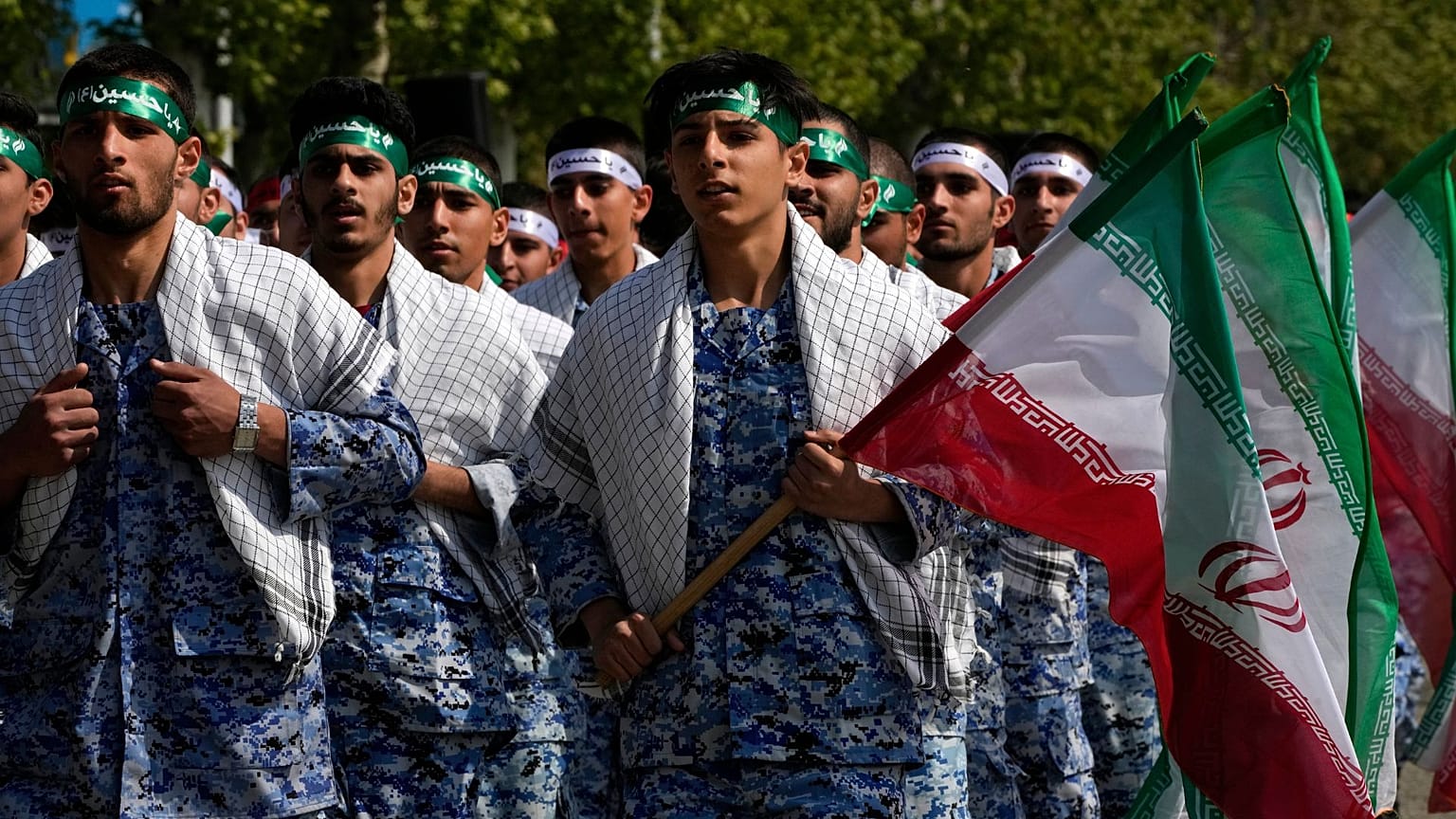Iran and Israel have spent over a decade trading cyberattacks, covert operations and military strikes, with tensions soaring in recent years over Iran’s nuclear programme and regional influence.
Israel and Iran’s decades-long conflict burst into open confrontation Friday, as Israeli airstrikes struck deep inside Iran, targeting what Israel claimed were nuclear and military facilities.
Explosions echoed through Tehran and the rest of the country, and Iranian state media later reported the deaths of at least seven of its top-ranking military commanders and six top nuclear scientists.
The unprecedented attack marked a dramatic escalation in the conflict that has long simmered in proxy conflicts and covert operations, as Israel has consistently identified Iran’s nuclear arms ambitions as an existential threat.
What are some of the key moments in the Israel-Iran conflict that now threatens to expand into an all-out war between the two nations?
Computer bugs and centrifuge plant explosions
In 2010, the discovery of the Stuxnet computer virus — widely attributed to US and Israeli intelligence — disrupted Iranian centrifuges.
Eight years later, Prime Minister Benjamin Netanyahu revealed Israel had obtained a trove of documents from a Tehran warehouse, purporting to show Iran’s efforts to conceal nuclear activity before the 2015 agreement with world powers.
Following the collapse of that nuclear accord, sabotage efforts against Iran’s programme intensified.
A July 2020 explosion severely damaged a centrifuge plant at Natanz, while later that year, top nuclear scientist Mohsen Fakhrizadeh was assassinated near Tehran, reportedly via an Israeli remote-controlled weapon.
In 2021, Iran again blamed Israel for a blackout at Natanz, and soon after, began enriching uranium to 60% purity.
By 2022, allegations escalated further, with Iran accusing Israel of poisoning two of its nuclear scientists without providing proof.
Hamas attack sparks further fears of war
The 7 October 2023 Hamas attack on southern Israel, which killed 1,200 and triggered the Israel-Hamas war in Gaza, intensified regional tensions.
Iran, a key backer of Hamas, expressed support for the group, further straining its already fraught relations with Israel.
Sabotage and airstrikes soon followed. In early 2024, an Israeli operation damaged an Iranian gas pipeline, and a missile strike on 1 April destroyed Iran’s consulate in Damascus, killing two generals and 14 other individuals.
In response, Iran launched more than 300 missiles and drones in a direct attack on Israel, most of which were intercepted.
The tit-for-tat continued through mid and late 2024. Israeli strikes killed high-profile figures, including Hamas leaders Ismail Haniyeh and Yahya Sinwar, as well as Hezbollah’s Hassan Nasrallah, prompting further Iranian missile launches and heightening fears of regional war.
October saw Israel conduct its first overt strikes inside Iran, targeting air defences and missile-related sites.
More recently, in April, Iran executed a man it accused of working with Israel's Mossad foreign intelligence agency and being involved in the 2022 assassination of Colonel Hassan Sayyad Khodaei.















